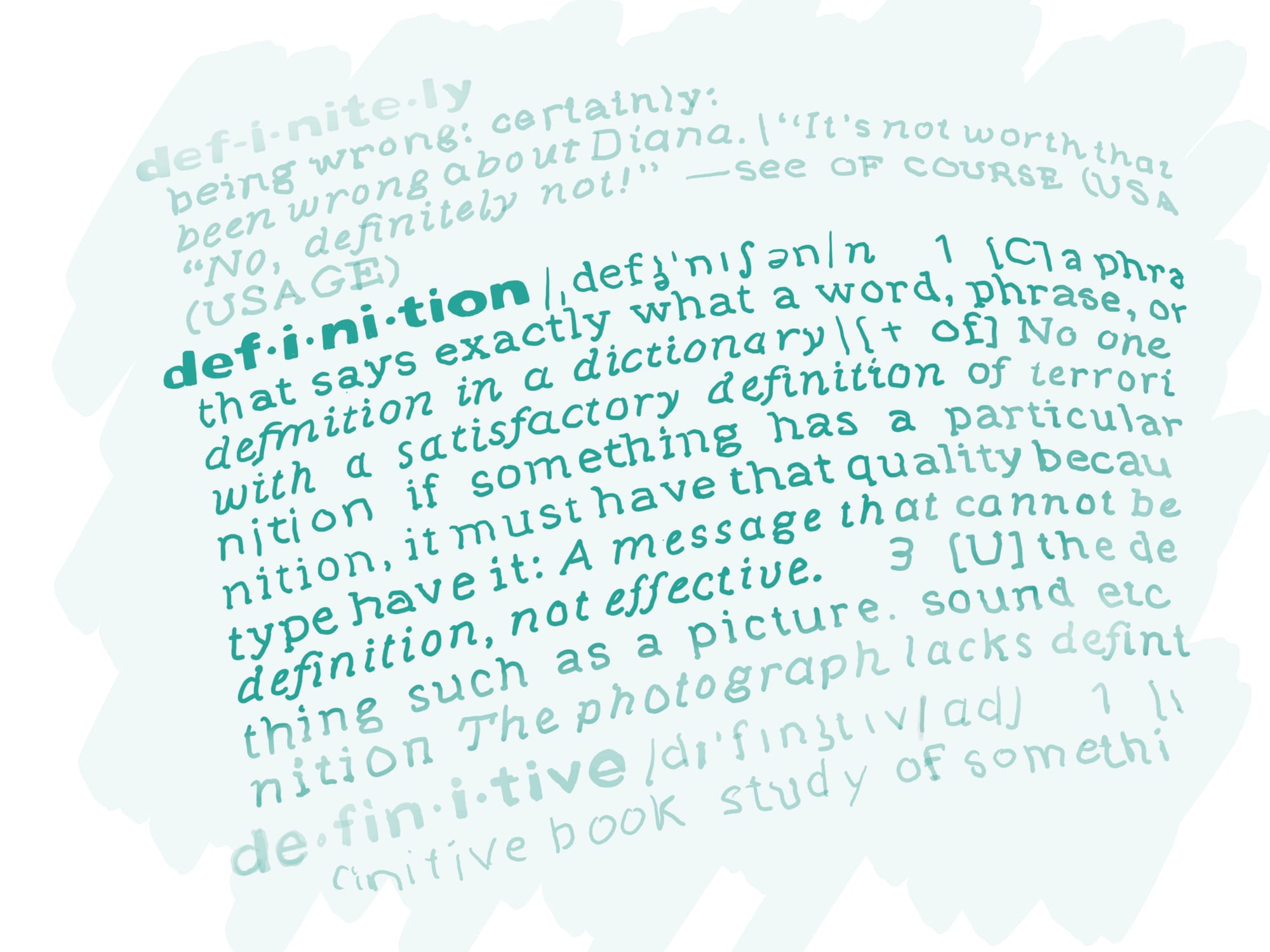The Prevailing Narrative
Learning how to navigate the news, and a better worldview.

Hey Friends,
This week has gotten away from me, thanks to a conference that siphoned off two full 24-hour blocks of my time. With that, work stops for no one, and I'm always in a furious run from starvation, so I caved to the pressure and worked each day of the week, despite my preference to count clover sprouts in my yard while breaking the silence with comments such as "looks like rain."
As relaxing as it sounds, it hasn't looked like rain this whole week. On the contrary, a heat so vicious it would make the devil scratch his nether orophus with fear in his eyes.
Until now that is. The heat has been broken, as have the clouds, and now as it rains, it's pouring, which is what I've been dealing with all week in one way or another.
Because of that, I don't have a typical encapsulate of the news as I would usually. Frankly, I don't even have a clue of what has happened in the world of politics this week, and that is perhaps why I must feel a sense of serenity. Because the news hasn't been there to ruin it for me.
With that said, I think it's important to engage in politics, so I take breaks, but I'll be back, and I'll always have more to share with you. But it is worth examining how the news we do watch has a tendency to shape the world around us, and that's why I've written the following.
Back when I was in my incubation stage, life was different in both good and bad ways. On the one hand, life had its challenges. The corner of the sheet stayed in place for no one, and to talk to someone on the other end of the house, you had to walk to the other end of the house instead of just texting them. But on the flip side, if anything failed, generally, you could blow in it, and that would set things back in order, at least for the time being.
Life was not perfect, but it was no hell on earth. And if it was, we didn't really know it, because there were only three news stations, and at 6:00 and 11:00, a well kept man would tell us what was going on in the world and then immediately go to bed. If you missed it, you simply popped open a Bartles and James and celebrated trickle-down economics.
In my young adult years, I enjoyed the election of 2000 with beer and pizza and two colleagues from work in a hotel after voting absentee due to travel schedules. The thrill of states too close to call and the anxiety of hanging chads had me on the edge of my seat. And Papa John didn't hurt the experience either. I was hooked, presumably for life.
I had a point of view, but I wanted to know the truth, so for years, I would watch MSNBC and Fox News broadcasts back to back to try to get the real story. I determined that the truth was somewhere in the synthesis between the two. My wife determined it was annoying – and she was right because all the yelling on Bill Oreilly did make it kind of hard to follow.
For the White Claw generation, the news has expanded by leaps and bounds. Today, the news is everywhere you turn, and it’s both more reliable and less at the same time.
On my journey to the truth, I determined that the worst news is the news that has to insist that there's more to the story just to keep you pegged to the screen through the commercials, and because of that, it can’t be trusted. So I turned to the New York Times, where an unlimited budget and a great font scream good journalism, as long as it isn’t too conservative to be true.
I've expanded my appetite to add The Free Press, Tangle, and others, where news has no agenda, except to expose everyone else's. I’m selective about my sources, but I find a counterbalance to all of them. And that has me reading a lot of it.
But the news can weigh on us, if we give it enough space. Depression is high enough this day and age so I decided to create my own synthesis minus the depression.
And here we are today, where, for over 254 weeks, I've given you the most important news and, occasionally, my take on it, or at least a punch line.
When you look at both sides of the story, you discover some truth that is glossed over. You learn that vegans may hate meat, but they are also jealous of it, because they pretend they’re eating it all the time. You figure out that Lee Greenwood, despite his "Proud To Be An American" fame, isn’t as proud as you might think, when you see he is selling self exalting Bibles with Trump. He’s also so bad a musician that some music industry folks have suggested he be called "Worse Than Ezra." You also discover that even with a pocket of unlimited news and fact-checking at our fingertips, our worldview hasn't improved. Think about it. There are more flat earthers today than there were people on the earth when the whole world believed it was flat. And some of those people will still be voting for RFK Junior, even though he is not even running for office.
Information is not the problem. People are overwhelmed. When we feel insecure, we often latch onto narratives to feel secure. As a matter of survival, people don't look for truth. They look for provides them security. Specifically, the security that their worldview can still be held onto. For most of us, truth is a feeling. When it comes to the news, since there or so many sources, it's the prevailing narratives that stick with us. Usually, the prevailing narrative is the one that validates your existing worldview – and many of us flock to the sources that give us just that—something to prop up our worldview.
If you say something enough times, people will start to believe it, especially if it acknowledges how those people feel today and gives them something to hold onto.
So, do you want to hold onto hope? Or Revenge? Wishful thinking, or sound reasoning? We all have to decide.
Truth matters, but the filter through which we view it will distort it if we’re not careful. We should be sure that any truth we believe is Truth we can trust.

